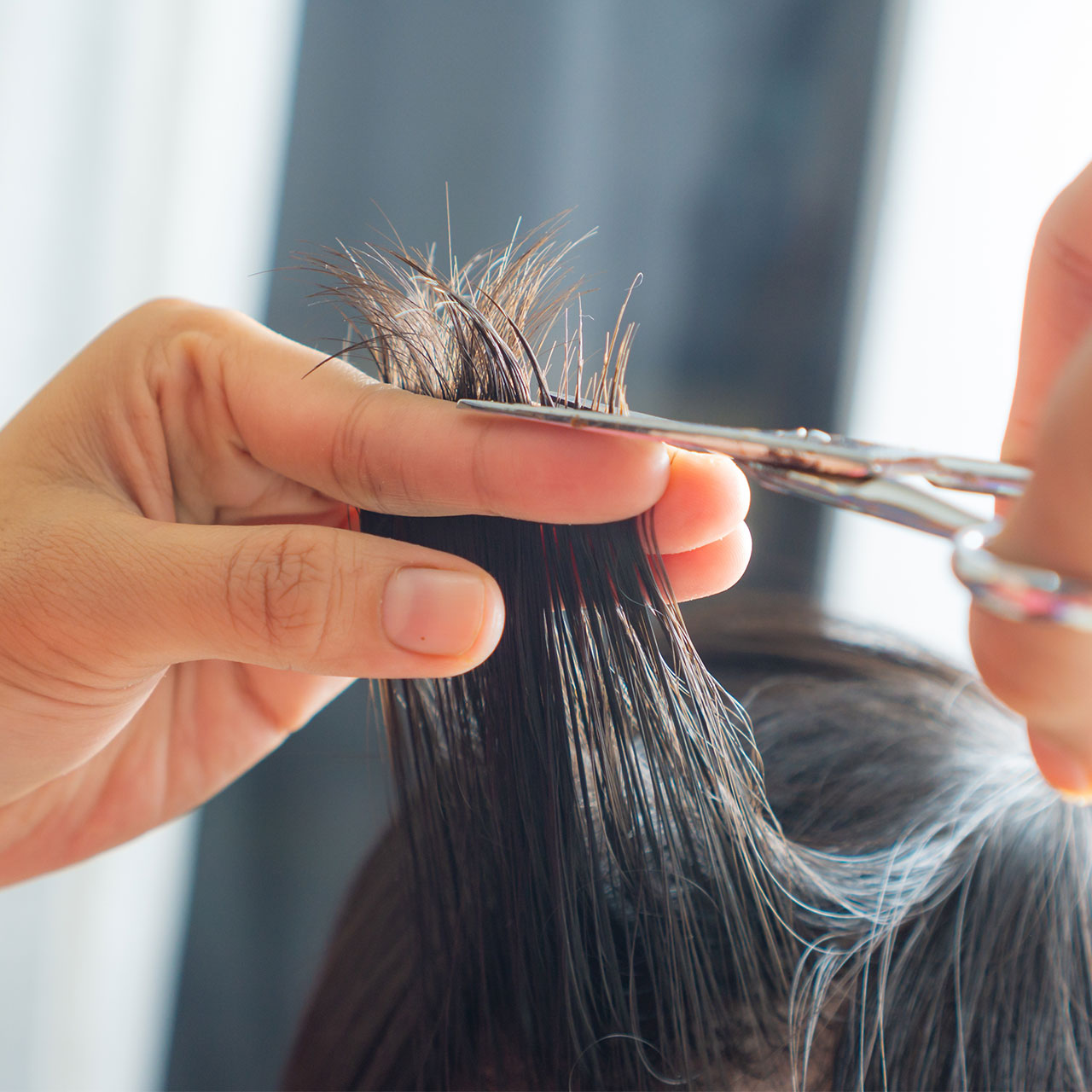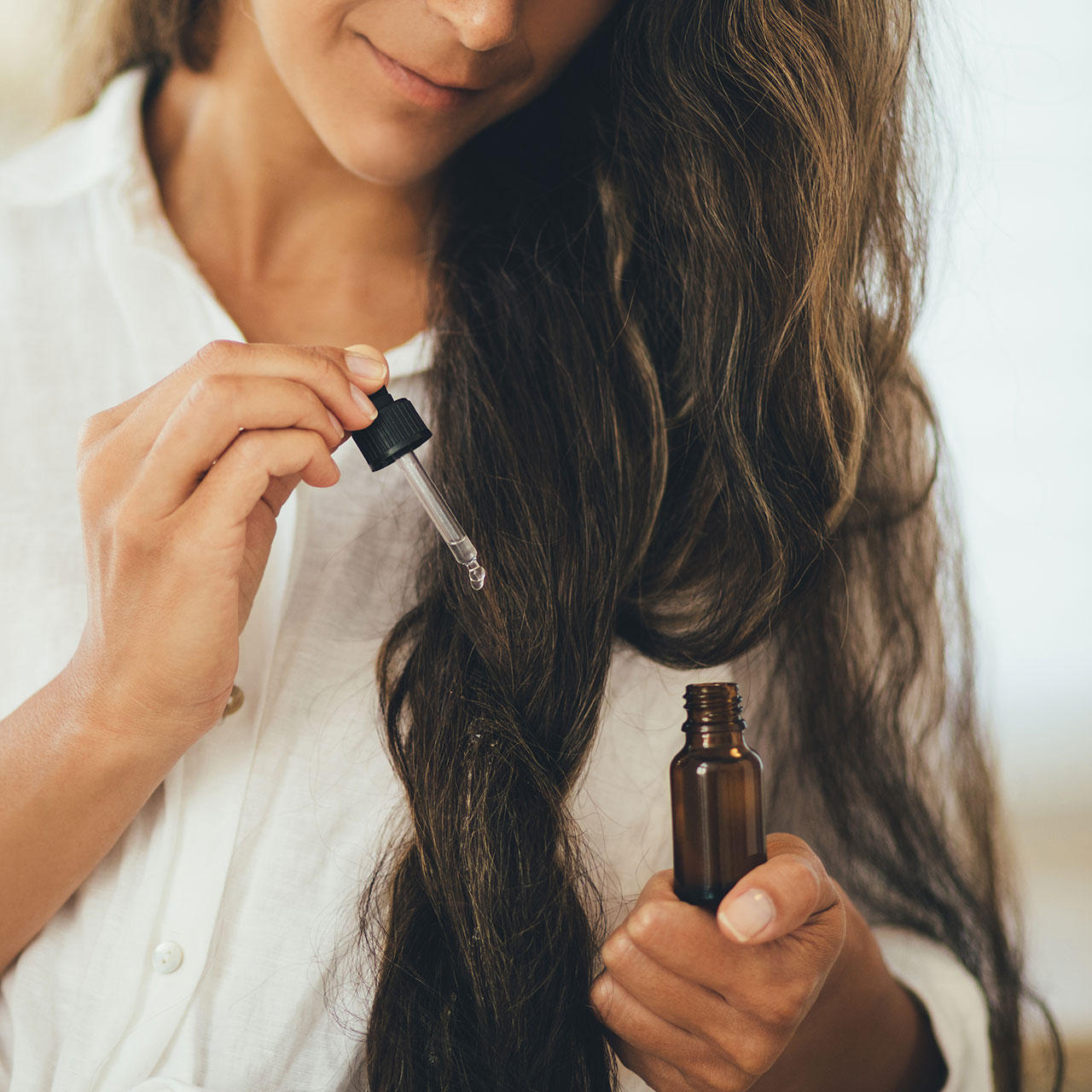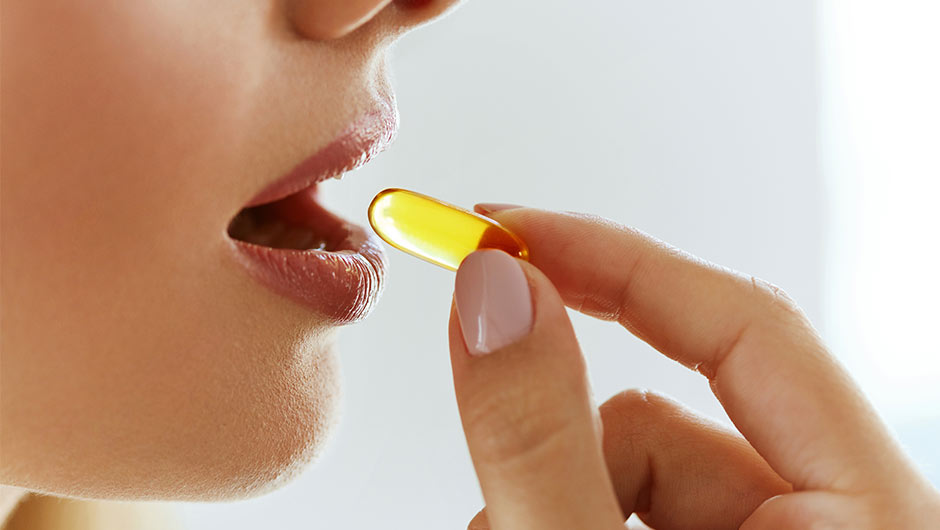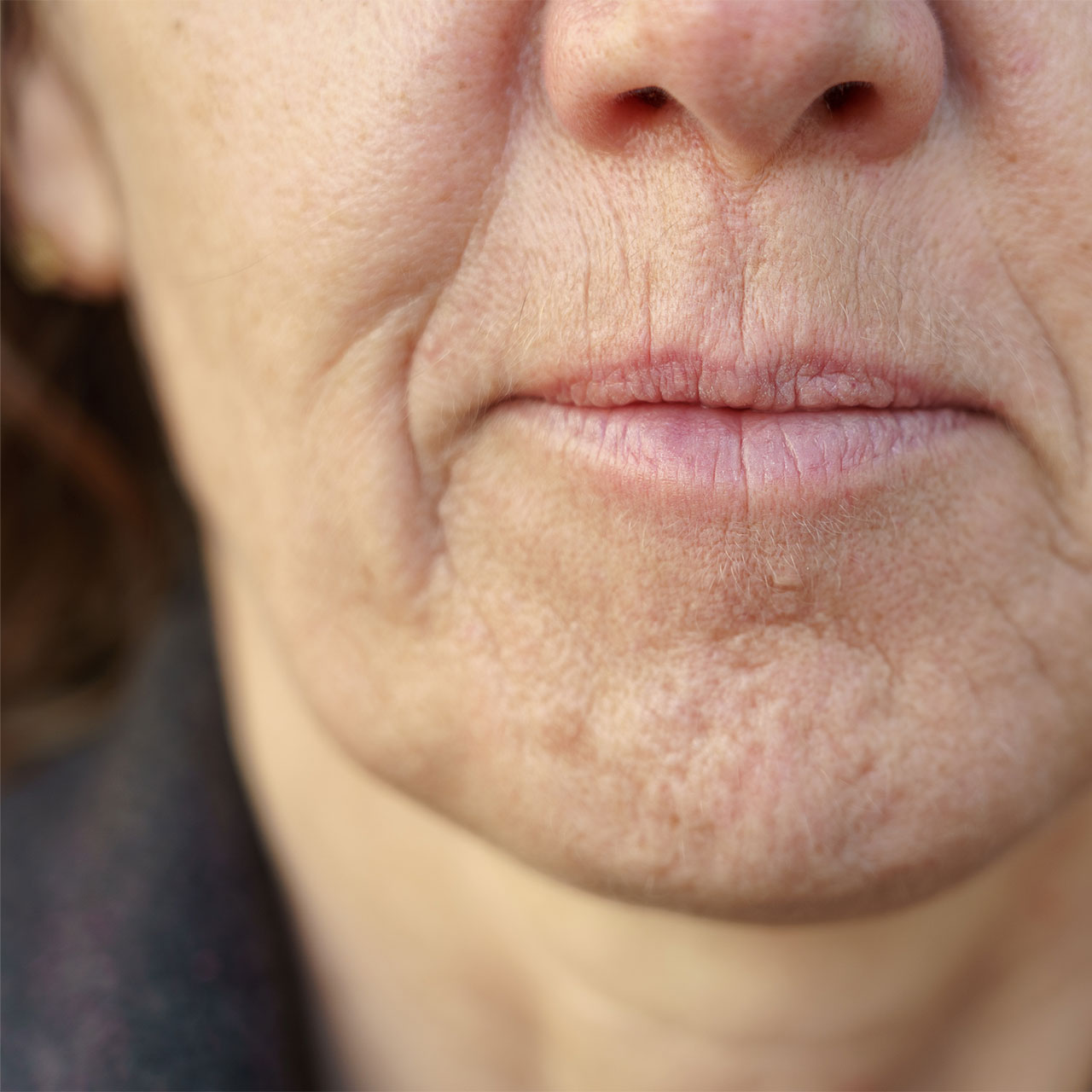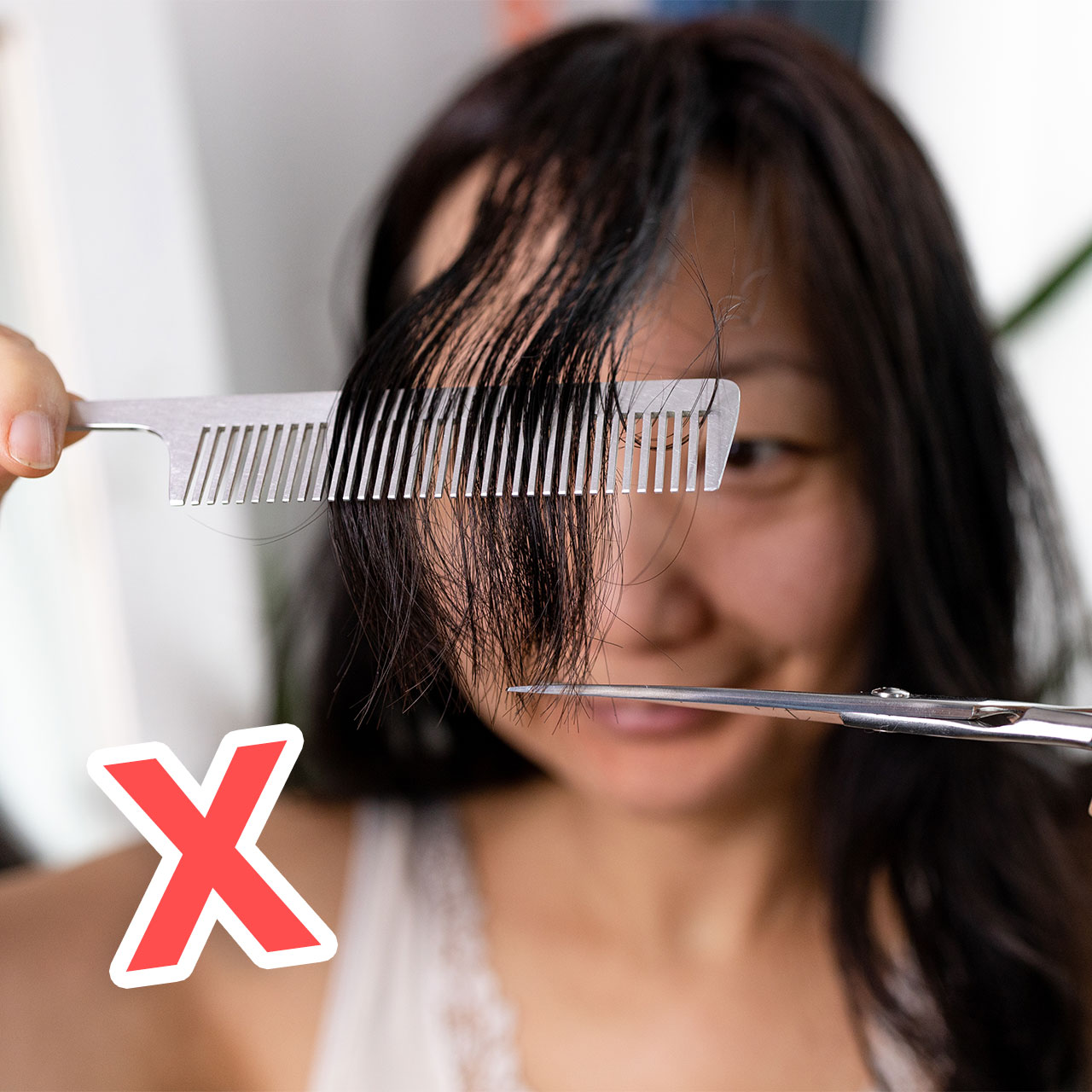This is an archived article and the information in the story may be outdated. Please check the time stamp on the story to see when it was updated last.
Biotin is definitely a beauty buzz word right now--many of the supplements being marketed for hair, nails and skin contain the popular vitamin, with many claiming that it can strengthen nails, make hair thicker, fill in brows and even boost hair color. Who doesn't want all that?
Usually, when something sounds too good to be true, it is, so we contacted several medical professionals to find out definitively whether biotin supplements are totally safe or not.
What's the answer?

Dr. Janet Prystowsky, a leading board certified dermatologist in New York City and creator and founder of Livad Skin Care, exclusively told us that if you take the recommended dose of 30-100mcg per day, it's unlikely to have negative side effects.
She warns that biotin probably doesn't do anything for nails, hair and skin, though. "Most people receive their daily recommended biotin from their diet. Just because a biotin deficiency results in weak nails and hair doesn't mean that a surplus of biotin will do much of anything."
Additionally, there hasn't been enough studies on the possible side effects of over-use. "Studies have not been done to test the upper boundaries of biotin intake. At high intake levels, some possible side effects include cystic acne, allergic reactions, miscarriage, and drug interactions (notably with anti-seizure and cholesterol lowering medications)."

Other dermatologists we tracked down online seem to be wary of definitive side effects, too. “Many reports indicate that excess ingested biotin can lead to rashes and acne breakouts,” Dr. Jessica J. Krant, a board-certified dermatologist told Into The Gloss. “There are no real scientific, blinded, placebo-controlled research trials to prove this, but if you start taking biotin and get worsening of your acne, the biotin may indeed be the culprit.”

Of course, there are certainly opinions to the contrary. "Biotin seems to be safe and well-tolerated for most individuals, even at fairly high levels," Alexandra Caspero, HUM Nutrition Head R.D., MA, RD, CLT, RYT exclusively told us. "Of course, if you are pregnant or breastfeeding then you should talk to your MD before taking."
Caspero also points out that biotin is naturally found in foods, such as whole-grain cereals, whole wheat bread, eggs, peanuts, Swiss chard, salmon and chicken.

HUM Nutrition CEO Walter Faulstroh affirmed that, "Biotin is safe to take, in fact it is one of the most widely used vitamins," he told us. "It is water soluble, so excess biotin is most likely to be flushed out with liquids. A deficiency in Biotin is rare and usually manifests itself via skin and hair conditions such as dry skin, hair loss and brittle nails. Certain prescription drugs such as broad-spectrum antibiotics can interfere with biotin production and I would recommend discussing supplementation with your doctor when being prescribed one."





